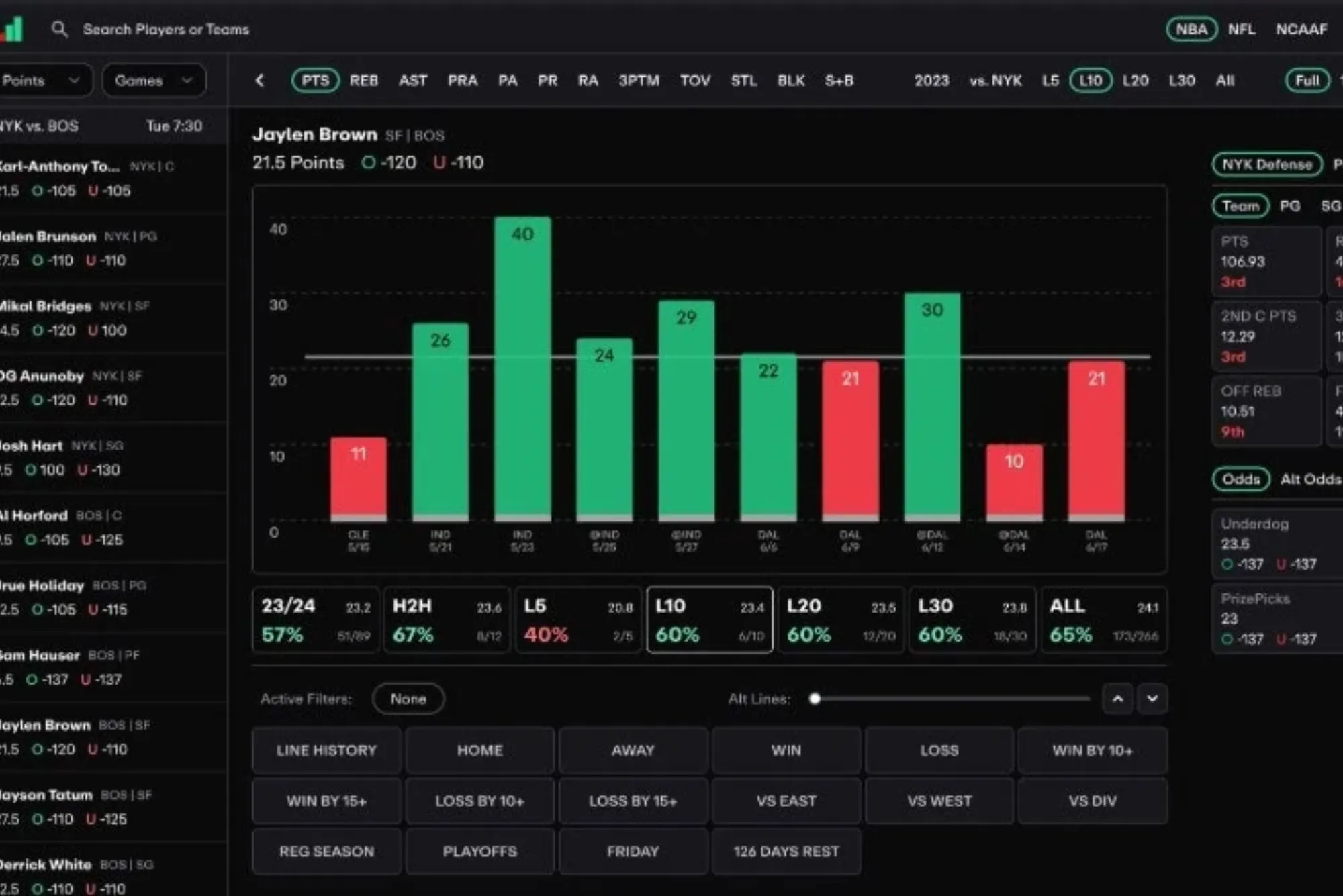The Technology Behind Slot Outcomes
Slot machines have always fascinated players, not just for their bright lights and exciting sound effects, but for the mystery of how they determine winners. In modern casinos, whether land-based or online, slots operate on a Random Number Generator (RNG) system. This technology ensures that every spin is independent, meaning your previous results have no impact on future outcomes. It’s not about “hot” or “cold” machines—each press of the spin button is like flipping a new coin, only with far more possible outcomes.
While older mechanical slot machines relied on physical reels and gears, today’s digital counterparts use software algorithms to produce thousands of number sequences per second. The moment you press spin, the RNG selects a number, which corresponds to a specific combination of symbols on the reels. This process happens so quickly that it’s impossible to predict or influence the outcome.
RNGs, Fairness, and Player Trust
Random Number Generators aren’t just a fancy piece of software—they are rigorously tested and certified by independent agencies to ensure fairness. For example, legitimate operators, including some no kyc casinos, must adhere to strict industry standards for transparency and randomness. These platforms, while offering faster sign-ups and withdrawals without traditional ID verification, still rely on the same underlying RNG technology as fully regulated casinos. The difference lies in user experience and accessibility, not in how winners are chosen.
From my own experience testing various platforms, I’ve found that RNG fairness remains consistent across reputable operators. Whether you’re spinning on a big-name UK-licensed site or a smaller, alternative operator, the outcome’s unpredictability is the same—provided the platform is using certified software. It’s the integrity of the operator and their licensing body that matters most.
How the Odds Are Programmed
Every slot machine has a built-in Return to Player (RTP) percentage, usually ranging between 90% and 98%. This figure indicates the average amount the game will pay back over a very long period of play. For example, a slot with a 96% RTP will theoretically return £96 for every £100 wagered, but this is averaged over thousands, sometimes millions, of spins.
RTP is closely linked to volatility, which determines how that return is distributed. A high-volatility slot might hit fewer times but offer bigger prizes, while a low-volatility slot delivers smaller, more frequent wins. Regardless of volatility, the RNG ensures that each spin is independent. Even if you’ve had ten losses in a row, your next spin is no more likely to win than the one before. This randomness is why chasing losses rarely works in slot play.
Dispelling Slot Myths
The slot world is full of myths, many of which stem from a misunderstanding of how RNGs function. One common belief is that machines can be “due” for a win after a long losing streak. In reality, slots have no memory—each spin starts fresh. Another misconception is that casinos can “tighten” machines on busy nights to reduce payouts. While operators can adjust RTP settings on certain machines, these changes require official approval and physical or software intervention; they can’t just flip a switch in the middle of the night.
I’ve also heard players talk about pressing the spin button at the “right time” to land a jackpot. While it’s true that the RNG is constantly cycling through numbers, the odds of hitting the jackpot are the same every time you spin. Timing is only relevant in that it determines which random number is selected in that instant—it doesn’t make you luckier.
Testing and Certification
To maintain trust, slot machines—both physical and virtual—are tested by independent labs such as eCOGRA, iTech Labs, and GLI. These organizations run thousands of simulated spins to verify that outcomes are truly random and that advertised RTPs match the game’s actual performance.
In the online space, most casinos integrate slots from established software providers like NetEnt, Play’n GO, or Microgaming. These developers are themselves subject to rigorous licensing conditions and regular audits. If you stick to reputable casinos, you can be confident the games are fair, regardless of whether the platform requires identity verification or not.
Why You Can’t Predict the Next Spin
Because RNGs operate independently for each spin, there is no pattern to follow. Even if you had access to the source code of a slot’s RNG, predicting the exact millisecond to press the spin button for a specific outcome would be virtually impossible. The system is designed to ensure unpredictability, making it fair for everyone and immune to manipulation by players or the casino.
This unpredictability is both the appeal and the frustration of slots. It’s what keeps people spinning—the chance that the next outcome could be the big one, even if you’ve had a string of small or no wins before.
Personal Experience With RNG Fairness
I remember playing a mid-volatility slot called “Golden Treasure Quest” for about 200 spins without landing a significant prize. Frustrated, I stopped for the night. The next day, a friend played the same game and hit the bonus round on their first spin. This perfectly illustrates how each spin is entirely unrelated to the last—my losing streak didn’t make the game “due” for a win; it was simply random chance that my friend’s spin landed on a winning sequence.
On the flip side, I’ve also experienced hitting two bonus rounds back-to-back, which feels like beating the odds. In reality, it’s just another example of randomness playing in my favor—there’s no secret strategy at work.
Choosing Where to Play
While you can’t influence the RNG, you can control where you play. Opting for licensed, audited casinos ensures you’re playing games that meet fairness standards. If you choose less traditional platforms like no KYC casinos, it’s even more critical to verify they use certified software and work with reputable game providers.
Reading reviews, checking licensing information, and confirming the presence of third-party certification seals can go a long way in ensuring a safe and fair experience. Remember, the casino’s business model relies on long-term margins, not on manipulating individual outcomes.
Final Thoughts
Slot machines choose their winners through complex but transparent RNG systems designed to guarantee fairness and unpredictability. No matter how advanced your “strategy,” the reality is that each spin is an independent event unaffected by past results. The best thing a player can do is understand the mechanics, manage their bankroll responsibly, and play on reputable platforms.
The magic of slots lies in that moment of anticipation before the reels stop—knowing that, against all odds, the next spin could be the one. And when you understand how the game really works, you can appreciate the thrill for what it is: a game of pure chance, safeguarded by technology.











